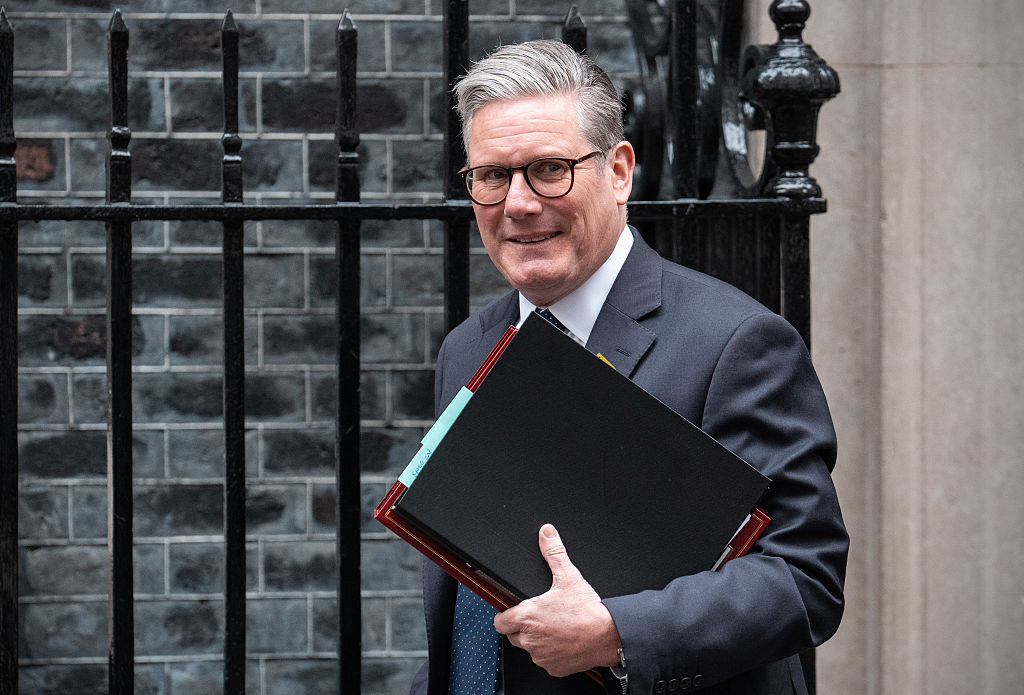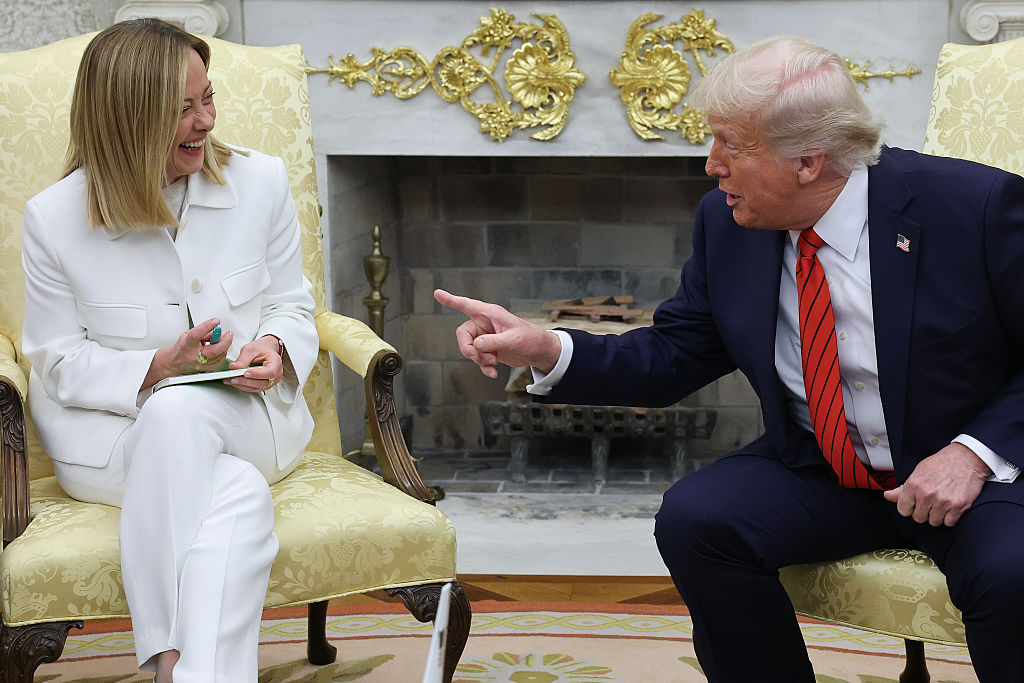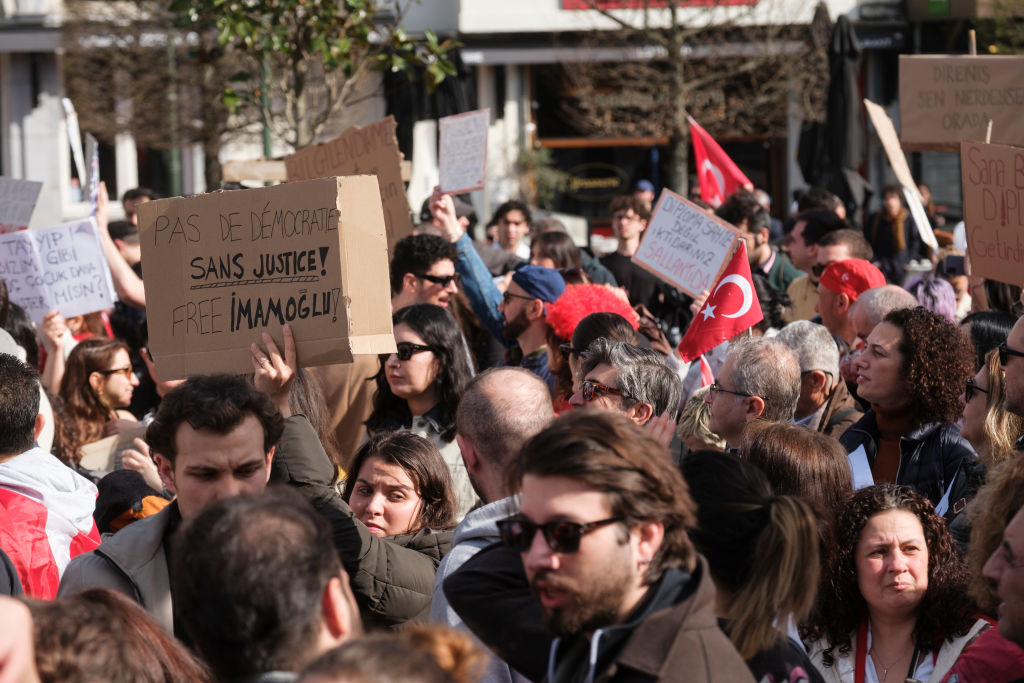The European Commission is analysing the trade deal struck between the US and the UK for implications for the 27-nation European Union and global trade, European Commissioner for Economy Valdis Dombrovskis said.
Washington and Britain announced a deal to lower tariffs on some goods on May 8, with US levies on cars and steel being cut and both sides gaining better access to agriculture markets.
“We are currently closely analysing the content … to assess its … potential implications particularly as regards any effects on EU interests or the global broader global trade environment,” Dombrovskis said on May 12.
The EU is in negotiations with the US on its own trade deal that would replace 20 per cent across-the-board tariffs on most EU goods and 25 per cent tariffs on steel and aluminium and cars and car parts.
US President Donald Trump set a 90-day negotiating window ending on July 8 for a deal. Until then, tariffs on most EU goods are 10 per cent, except the higher 25 per cent rates on steel, aluminium and cars.
“Negotiations between EU and the US are ongoing and we aim to make use of this 90-day period … with the aim of reaching a negotiated solution, which is our first preference as we have been indicating,” Dombrovskis said.
He noted that, at the same time, the EU was preparing for a no-deal outcome. The European Commission proposed on May 8 countermeasures on up to €95 billion of US imports if negotiations with Washington failed to remove the series of tariffs applied by Trump.
Also on May 12, France said that leaders at a meeting in Ukraine on May 10 had asked the EC to put together new “massive” sanctions targeting Russia’s oil and financial sector if Russia failed to agree a ceasefire.
The EU was already working on a 17th sanctions package that it aimed to adopt by the next foreign ministers meeting on May 20 but, speaking to reporters in Normandy, French Minister for Europe and Foreign Affairs Jean-Noel Barrot said work had also started on tougher measures beyond that package.

“What we are preparing are additional sanctions which target the energy and financial sector. We asked this weekend for the European Commission to prepare new more important sanctions to force Russian President Vladimir Putin into a peace logic,” Barrot said after a telephone call with European counterparts and US Secretary of State Marco Rubio.
Leaders from France, Germany, Britain and Poland were in Ukraine and held a video call with other leaders, including EC President Ursula von der Leyen.
Trump offered on May 12 to join prospective Ukraine-Russia talks in Turkey on May 15 after Ukrainian President Volodymyr Zelensky, in a fresh twist to the stop-start peace talks process, said he would travel to Istanbul where, he said, he would be waiting to meet Russian counterpart Putin.
At the time of writing, Russia had yet to say whether Putin would attend.
European nations had been pushing for a ceasefire before any such meeting warning of impending co-ordinated US-Europe sanctions but that now appeared to be dependent on whether talks happened on May 14 and their potential outcome, diplomats said.
“We support the idea of a contact between President Zelenskiy and President Putin. Putin proposed a direct contact with Zelensky and Zelensky accepted so Putin must keep to his part of contract and go to Istanbul Thursday,” Barrot said.
He said that for serious discussions to happen there needed to be a ceasefire because it was not possible to negotiate amid air strikes and drones.
“We are preparing powerful and massive sanctions if he doesn’t accept a ceasefire,” Barrot said.
He said potential European sanctions were being co-ordinated with a US sanctions bill being put together by senators that would impose tariffs of 500 per cent on countries that imported Russian oil.





